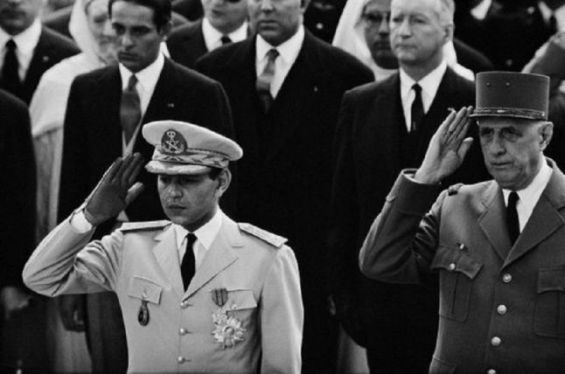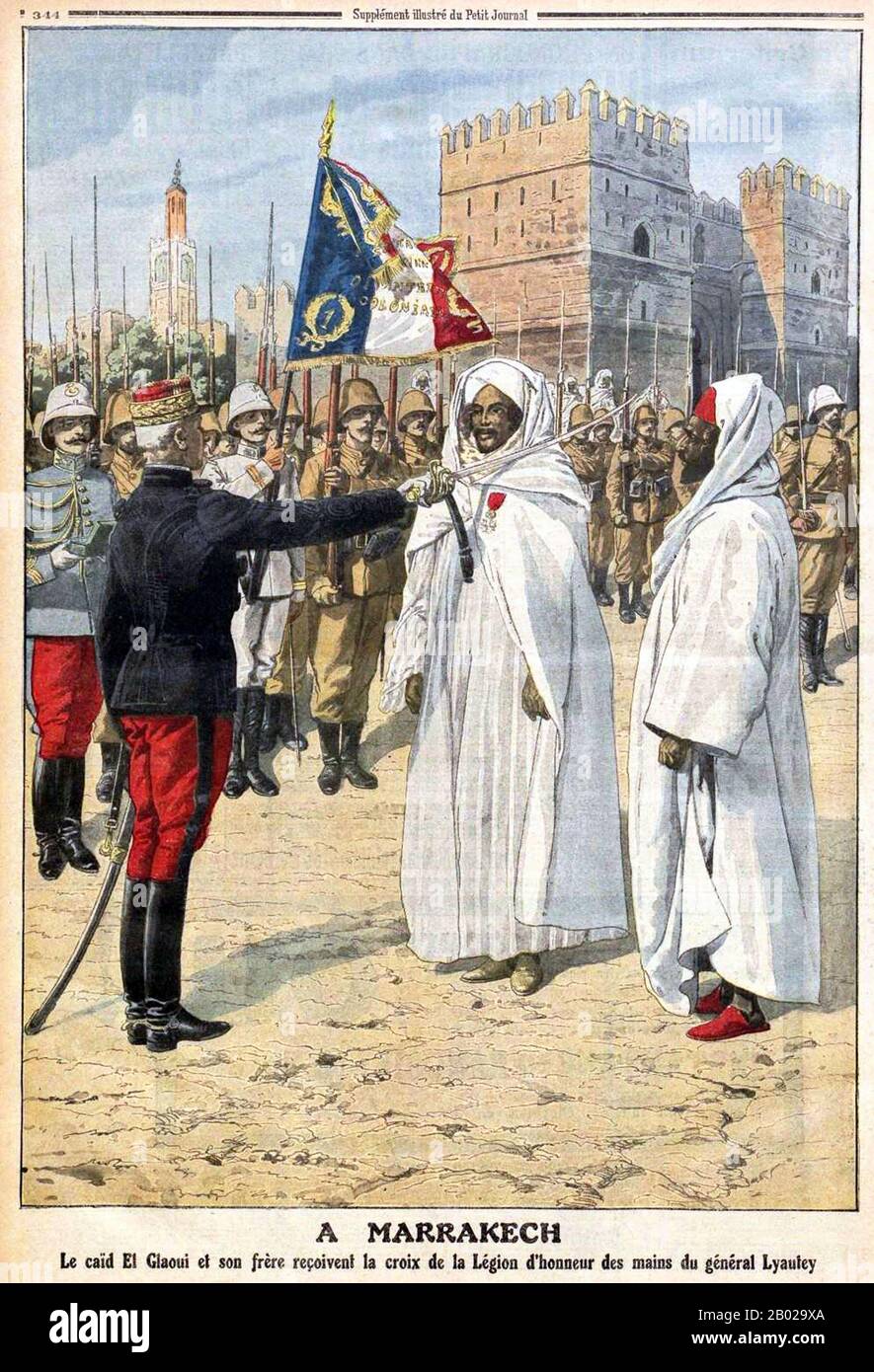The Complex Relationship Between Algerians and Moroccans in France
The Development of a Shared “French Arab” Identity
As a result of being collectively seen as “Muslim” or “Maghrebi” by the French majority, Algerians, Moroccans, and Tunisians in France have had to prosper and suffer together over the years. This shared experience has fostered the development of a hybrid “French Arab” cultural identity that blends elements from the histories, traditions, and cultures of their home countries. French North African culture manifests itself in various ways, such as the unified support Algerians and Moroccans in France showed for Algeria during the 2014 FIFA World Cup.

Generations United by the French Experience
While tensions between Algerians and Moroccans with nationalist overtones still exist among older generations with living memories of the colonial period, second-generation North Africans in France have developed a closer bond based on their shared upbringing and challenges of navigating cultural identities across borders. Expats from the Maghreb who have lived most or all of their lives in France do not relate as strongly to the issues that continue to stoke divides between their home countries portrayed in their respective media environments.
Family Ties That Transcend National Divisions
Living together for decades in the multicultural context of modern France has also resulted in intermarriage between Algerians and Moroccans that would not be conceivable if they had remained in their home countries. The intimacy of lifelong personal relationships nurtured on French soil helps weave the individual and community interests of these populations into a cohesive social fabric despite lingering historical grievances between Algeria and Morocco.
Support for One Another Abroad as “French North Africans”
When expatriating further afield to destinations like London or Dubai, Algerians and Moroccans raised in France naturally tend to affiliate based on their shared identity as French North Africans rather than nationals of separate countries. Finding more in common with each other due to parallel experiences of negotiating cultural hybridity, they socialize and empathize most easily with those who underwent a similar upbringing after emigrating to France.
Long-Held Tensions Among Older Generations
However, older Algerian and Moroccan immigrant communities may continue harboring more negative sentiments linked to their nations’ tumultuous past. Those whose formative years were spent in Algeria or Morocco before relocating carry deeper scars from the era of decolonization and conflict over contested border regions that occasionally flare up even today. Younger French North Africans raised separately from such live conflicts have an advantage in taking a more conciliatory perspective.
A Complex Picture With Room for Improvement
In summary, the relationship between Algerians and Moroccans in France is multifaceted, with both tension and collaboration coexisting. While second-generation immigrants have generally bonded over their shared French upbringing, historical divisions linger among older generations. Going forward, continued intermingling of communities and focus on common interests may help overcome divisions of the past. The situation remains complex, but positive changes are gradually unfolding. 